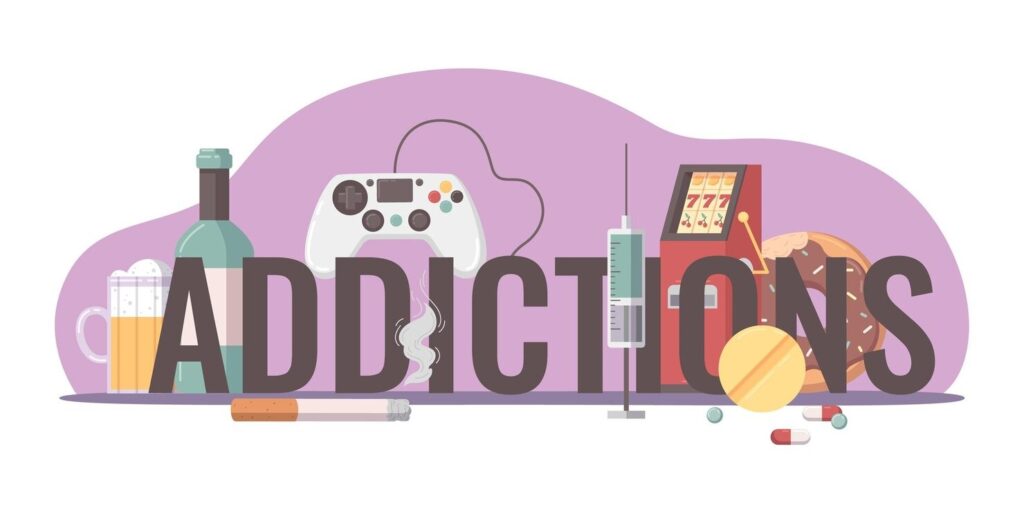
Recovery from a long time addiction is a deeply personal journey, one that is often misunderstood by those on the outside. What many don’t see are the nuances and day-to-day battles that shape this transformative process.
If you want to better understand the core experiences and insights from those who are navigating the path to recovery, read on. Through their stories, we aim to bridge the gap of understanding, providing a more empathetic lens through which friends, family, and society can view the ongoing battle against addiction.
Recovery Is Not Linear
Every journey to recovery is unique and seldom a straight line. Recovering addicts often emphasize that setbacks are a part of the healing process, not a sign of failure. Just as a wound might reopen, so too can old habits resurface in times of stress or change.
The key, however, lies in resilience and the continuous effort to move forward, even after stumbling. It’s a day-by-day process that can require immense personal strength and support, illustrating why patience, both internally and from loved ones, is so crucial.
Understanding the Stages of Addiction Treatment

Addiction treatment is not a one-size-fits-all solution. In the early stages of addiction treatment, individuals go through various phases that can start with detoxification and lead to inpatient or outpatient programs depending on the severity of their addiction.
These stages are designed to help individuals develop coping strategies, understand the root of their addiction, and slowly rebuild their lives in a structured and supportive environment. It’s important for outsiders to recognize the complexity and challenges presented at each stage, as each phase holds its own set of obstacles and victories.
The Importance of a Supportive Community
The role of a warm and supportive community cannot be overstressed in the journey to recovery. Whether it’s family, friends, or a dedicated support group, the encouragement and understanding provided by others are invaluable.
Recovering addicts often find greater resolve and strength in shared experiences, as these connections foster a sense of belonging that they don’t experience or find elsewhere. This support network becomes a lifeline, especially during the toughest days, highlighting the importance of a compassionate community in fostering long-term recovery.
Santa Ana Sober Living: A Beacon of Hope

One of the most profound examples of effective support in recovery can be found in Santa Ana sober living communities in California. These environments are not just about providing a roof over one’s head; they are about creating a sustainable lifestyle change. Residents are often surrounded by peers who are on similar paths, facilitating an environment of mutual accountability and encouragement.
In Santa Ana sober living homes, recovering addicts learn to navigate daily challenges and triumphs in a controlled, substance-free environment, which can be critical in preventing relapse. This supportive setting is designed to empower individuals, giving them the tools and community support needed to rebuild their lives on a foundation of sobriety.
Embracing a New Identity Beyond Addiction
As individuals progress in their recovery, many discover that one of the most transformative aspects is the development of a new sense of self, beyond their addiction. Recovering addicts frequently express that they are not merely trying to return to who they were before their addiction, but are instead striving to become someone new, someone better.
This evolution involves redefining personal values, goals, and hobbies, which are crucial for filling the void left by addiction. By embracing a new identity, individuals find a renewed purpose in life, which reinforces their resilience against the temptations of relapse.
The Ongoing Nature of Recovery

Finally, it’s essential to understand that recovery is an ongoing process. Even years after their last use, many recovering addicts consider themselves still in recovery, constantly working to maintain their sobriety.
This aspect of recovery is vital for everyone to understand—it doesn’t just end with treatment or after a certain period. It’s a long-term and lifelong commitment to health, well-being, and vigilance against the factors that might lead to relapse. The journey of recovery, filled with its challenges and rewards, is a continuous path that shapes every aspect of an individual’s life.
Understanding the journey of recovery through the eyes of those who experience it first-hand offers unique insights into the complexities of addiction and the profound nature of overcoming it. These insights underscore the importance of empathy, support, and a deeper understanding of the recovery process, which can help dismantle the stigmas still attached to addiction.








